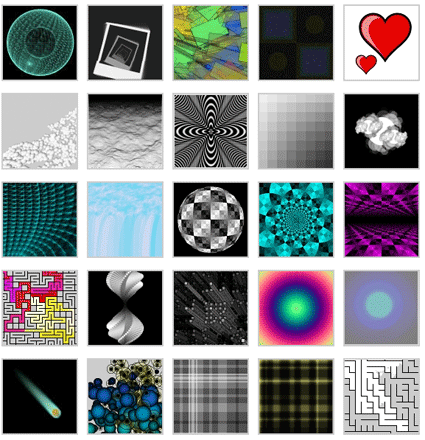
Speaking of Processing, Rhizome at The New Museum (based here in New York) has an interview with Casey Reas and Ben Fry, the creators of Processing, authored by Dan Shiffman, my dissertation mentor and a major contributor himself to the community.
My favorite answer comes from Casey Reas. It’s fashionable to talk about how constrains can fuel work, but Casey actually has a unique twist on this idea that really resonates with me:
I don’t intentionally constrain my work, but I always feel constrained by the limits of my mind. This is one reason I write software, to remove some constraints at the expense of others. I write software to draw millions of lines in a few seconds, to make thousands of calculations and decisions in a fraction of a second, to go beyond what my mind can imagine without its digital extension. Writing software makes it easier to work with systems and to imagine detailed networks – this is my love.
The “Tiny Sketch” competition by Rhizome, then, perhaps isn’t so much about “constraints” as it is about size and elegance – it’s about finding small, expressive ideas, the essence of the Processing “sketchbook.” When trying to do what Casey is describing, or dealing with larger projects as Ben is, or trying to learn a new technique, I often find that figuring out the basic “atom” of the problem is incredibly helpful.
This week, I challenged my students at Parsons to write something every day for a two-week break, with the suggestion that small size would be a way to keep this manageable, to make coding as automatic as checking your email rather than a giant chore to face close to a deadline. (That suggestion comes from my own failings and bad habits, by the way, not necessarily theirs.)
Check out the results of the Tiny Sketch competition:
http://www.rhizome.org/tinysketch/
And be sure to read the whole interview:
Interview with Casey Reas and Ben Fry
The interview also mentions what’s coming in the 1.5 release of Processing, which is the incorporation of video support from GStreamer and real OpenGL support, based on libraries now available from Andres Colubri. Andres’ libraries are really the reason I’m using Processing in my own work, they’re at the heart of what I’m doing, and… well, I can talk more about them separately, but right now I have to get back to work!